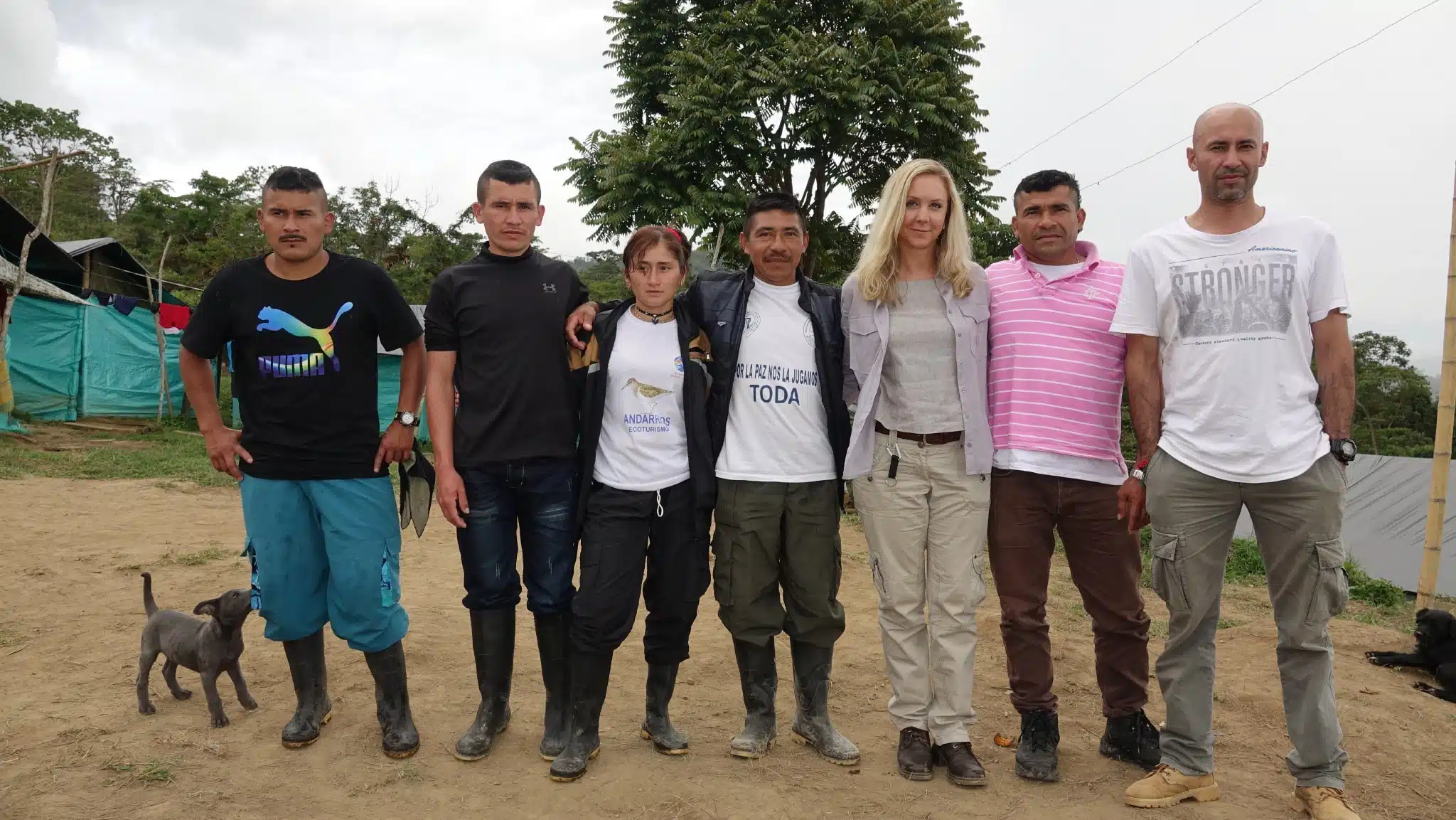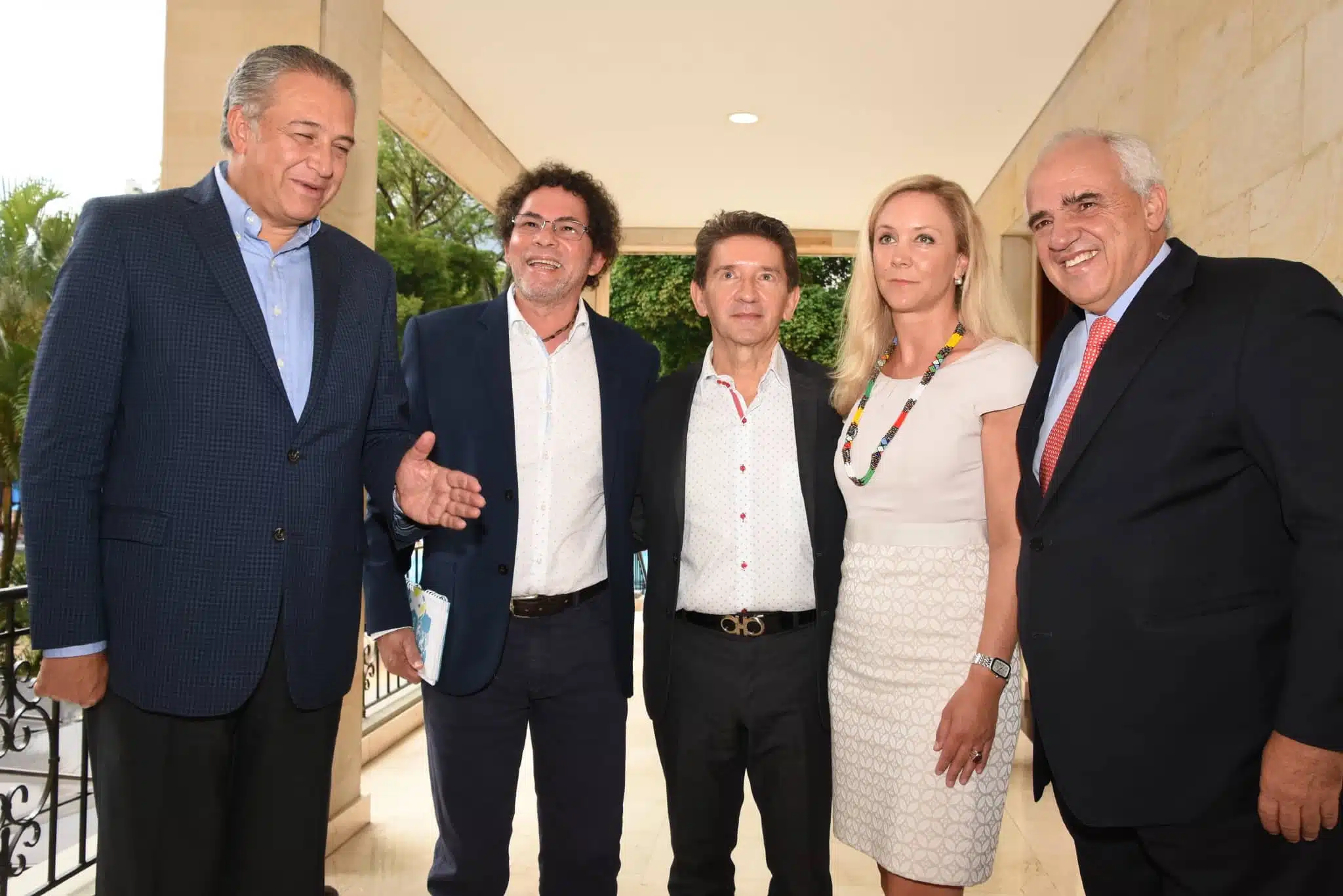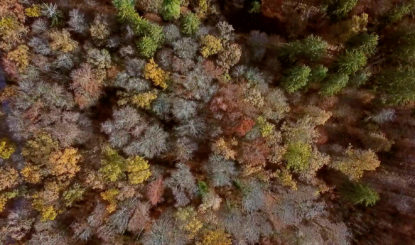Environmental Peace in Colombia
An opportunity for the country, the people and all living beings
The issue
Paradoxically, decades of civil war in Colombia between the government, the rebels and the drug cartels have afforded local natural treasures a certain degree of protection. With rebels often hiding in the forest regions, nobody dared to fell trees or mine mineral resources there.
The Colombian peace agreement signed by President Juan Manuel Santos and the FARC (Fuerzas Armadas Revolucionarias de Colombia) rebels in 2016, brings hope to the country and is a great opportunity. However, it has also awakened the desire to exploit forests, plateaus, mountains and marine areas that have now become safer.
The threat of virtually untouched resources being ruthlessly plundered looms large, through logging, mining, oil drilling, fracking, agrarian monocultures and much more.
Donation form
Our project
In order to protect Colombia’s unique natural treasures ‒ comprising almost 500 mammal species, around 2,000 bird species and more than 30,000 plant species ‒ on a sustainable basis, we must act now. We want to make sure that peace among people doesn’t start a war against nature.
To this end, we have founded a coalition with two Colombian organisations, “Vivamos Humanos” and the foundation “Paz y Reconcialización”. The platform is intended to create jobs in ecologically sustainable fields and thus offer demobilised former rebels and veterans new prospects.
In addition, we are organising meetings with young people, farmers, representatives from science and politics for the purpose of raising public awareness. We are doing so alongside Colombia’s former president Ernesto Samper, as part of events entitled “Café, Paz y Medio Ambiente” (“Coffee, Peace and the Environment”).
Our goals
- Preserve Colombia’s national and regional natural treasures
- Protect Colombia’s animal kingdom from exploitation and trade
- Integrate veterans and demobilised rebels with environmental and economically sustainable jobs
- Promote a culture of peace
Facts and Figures
***





